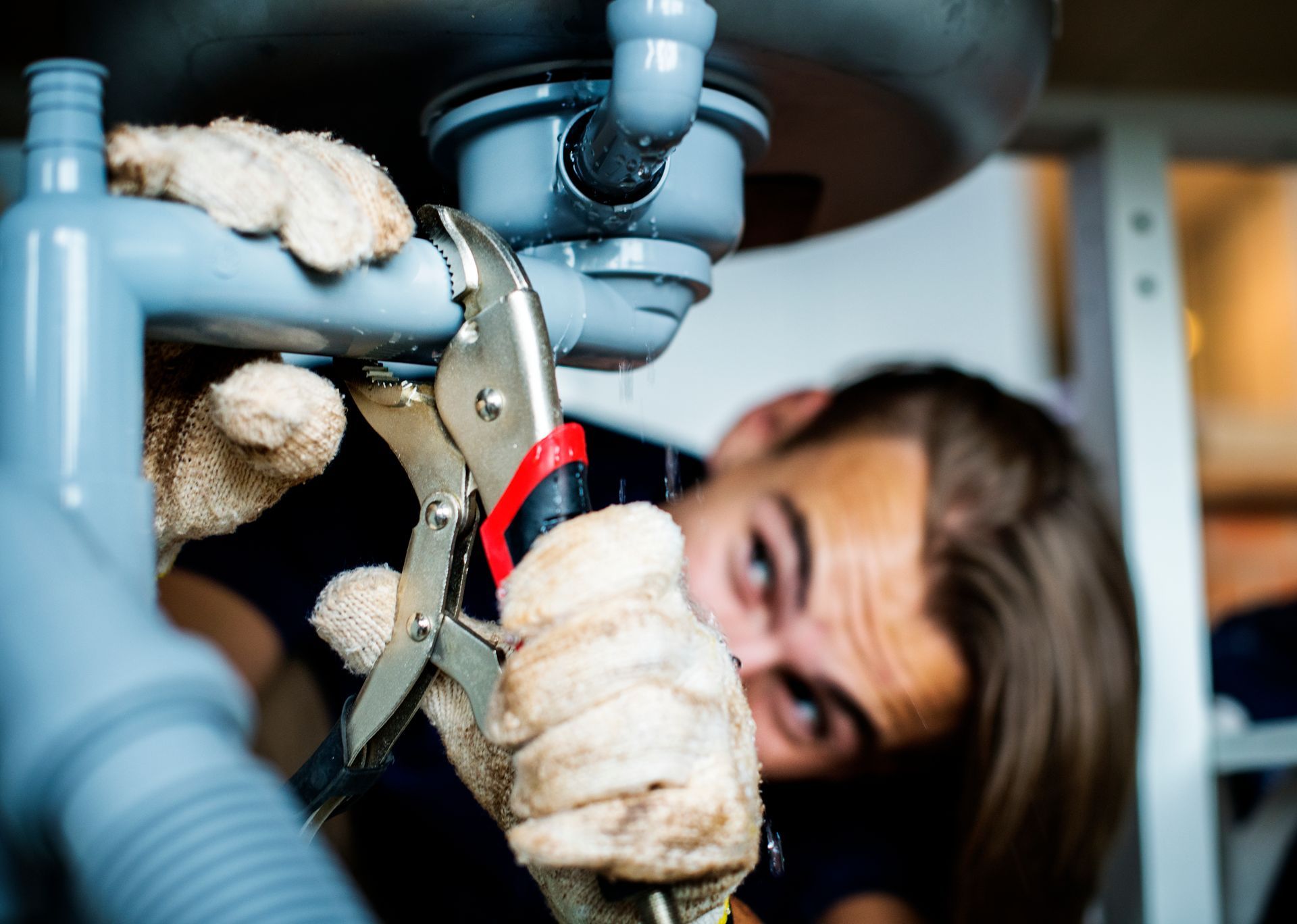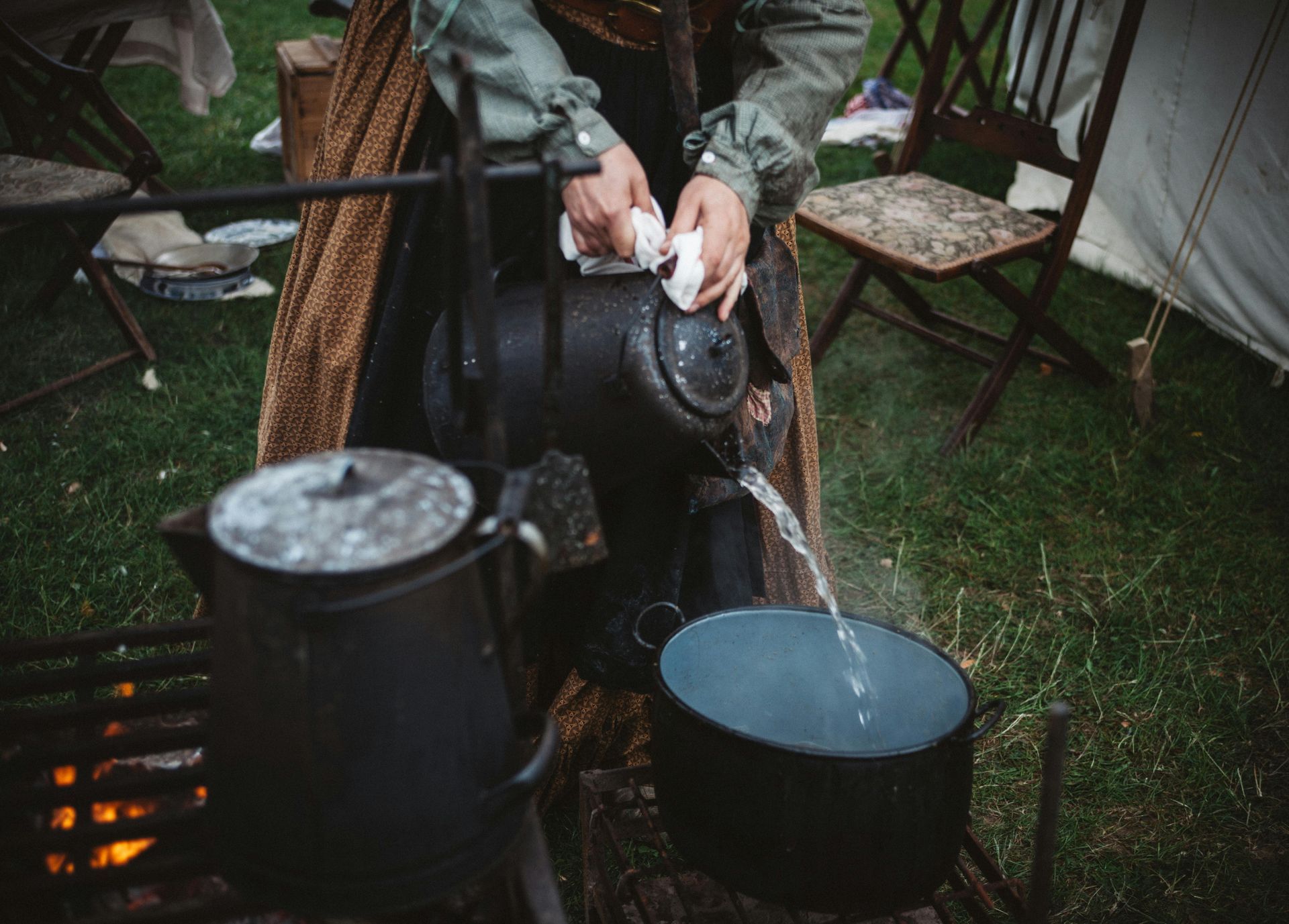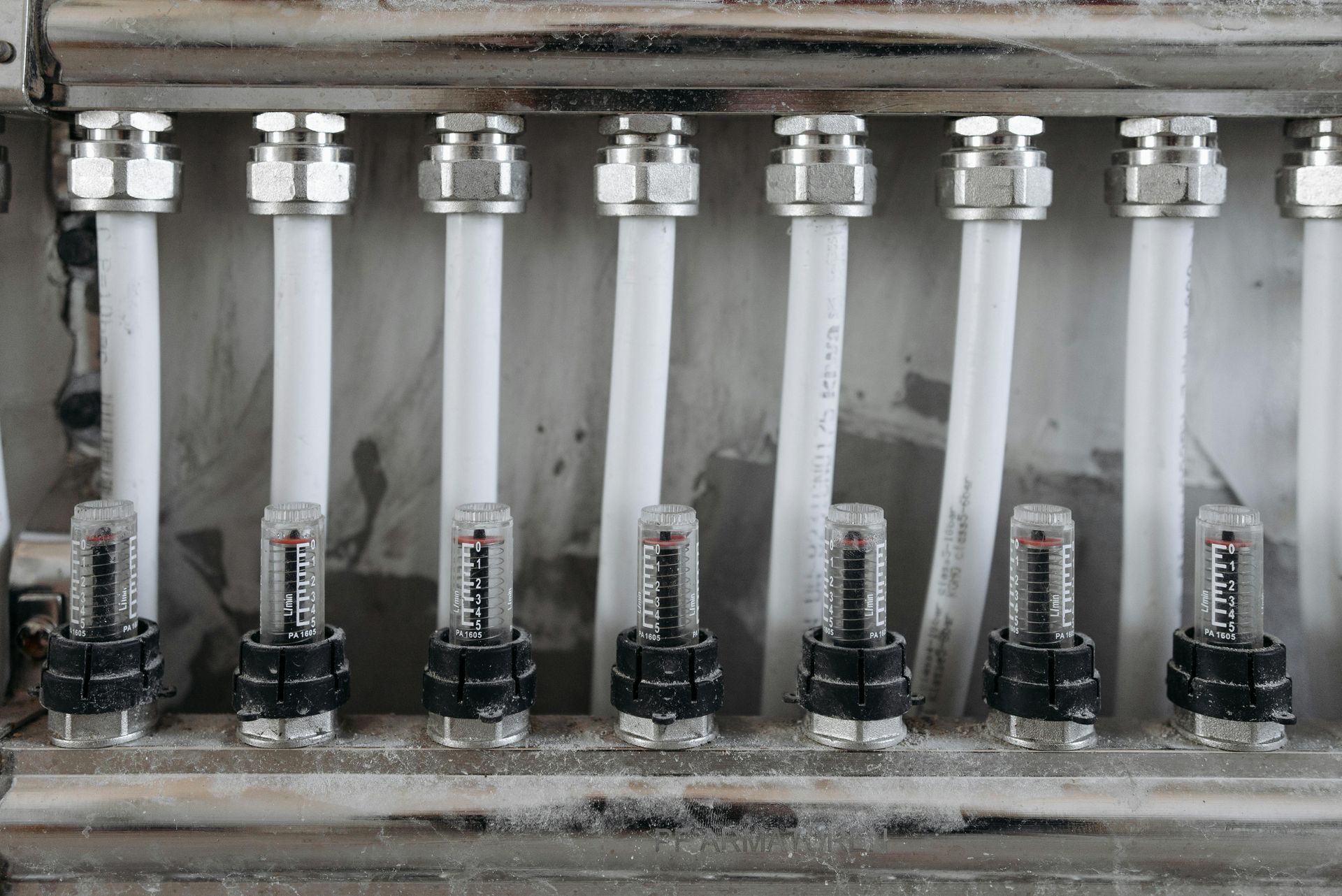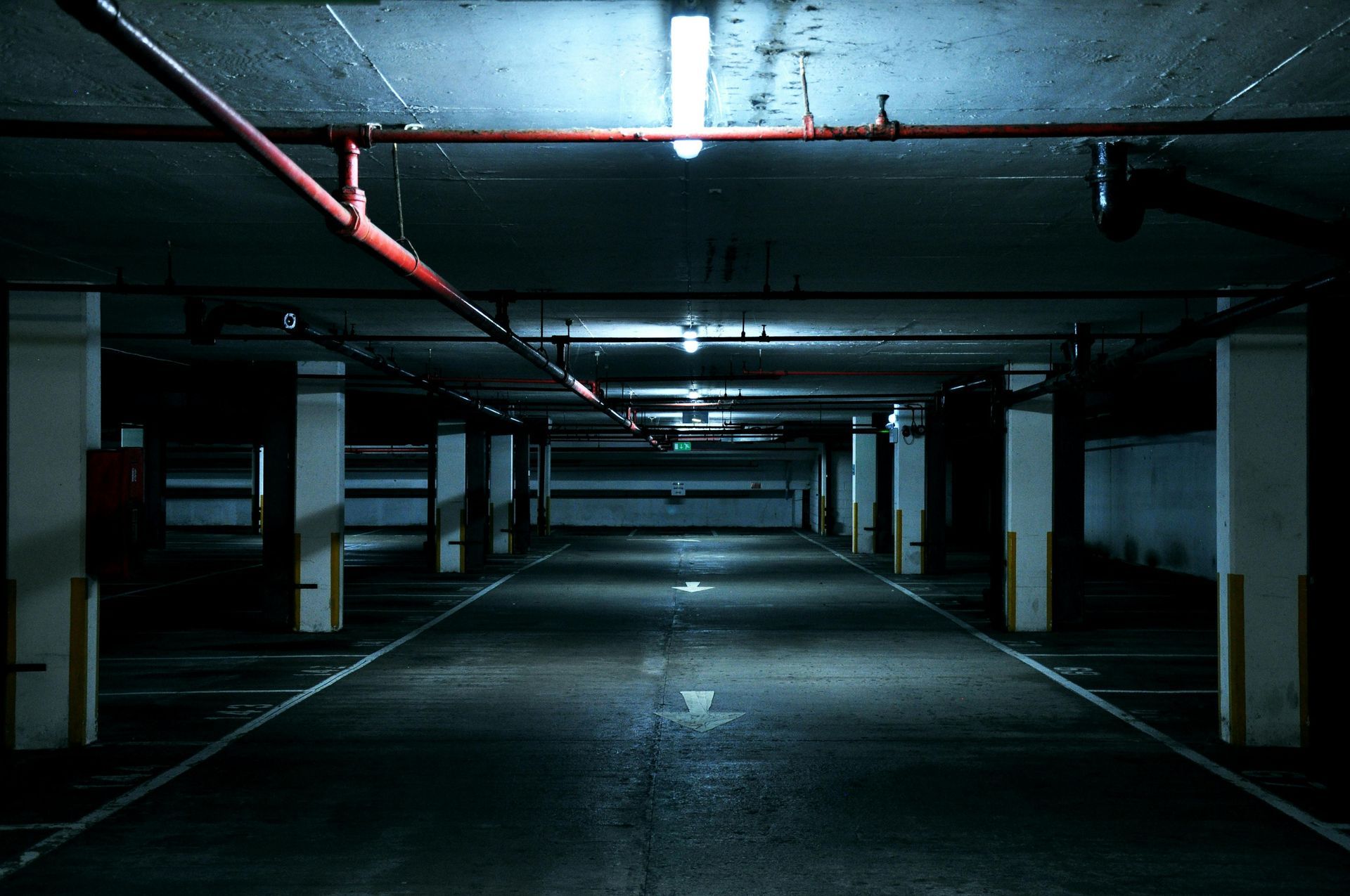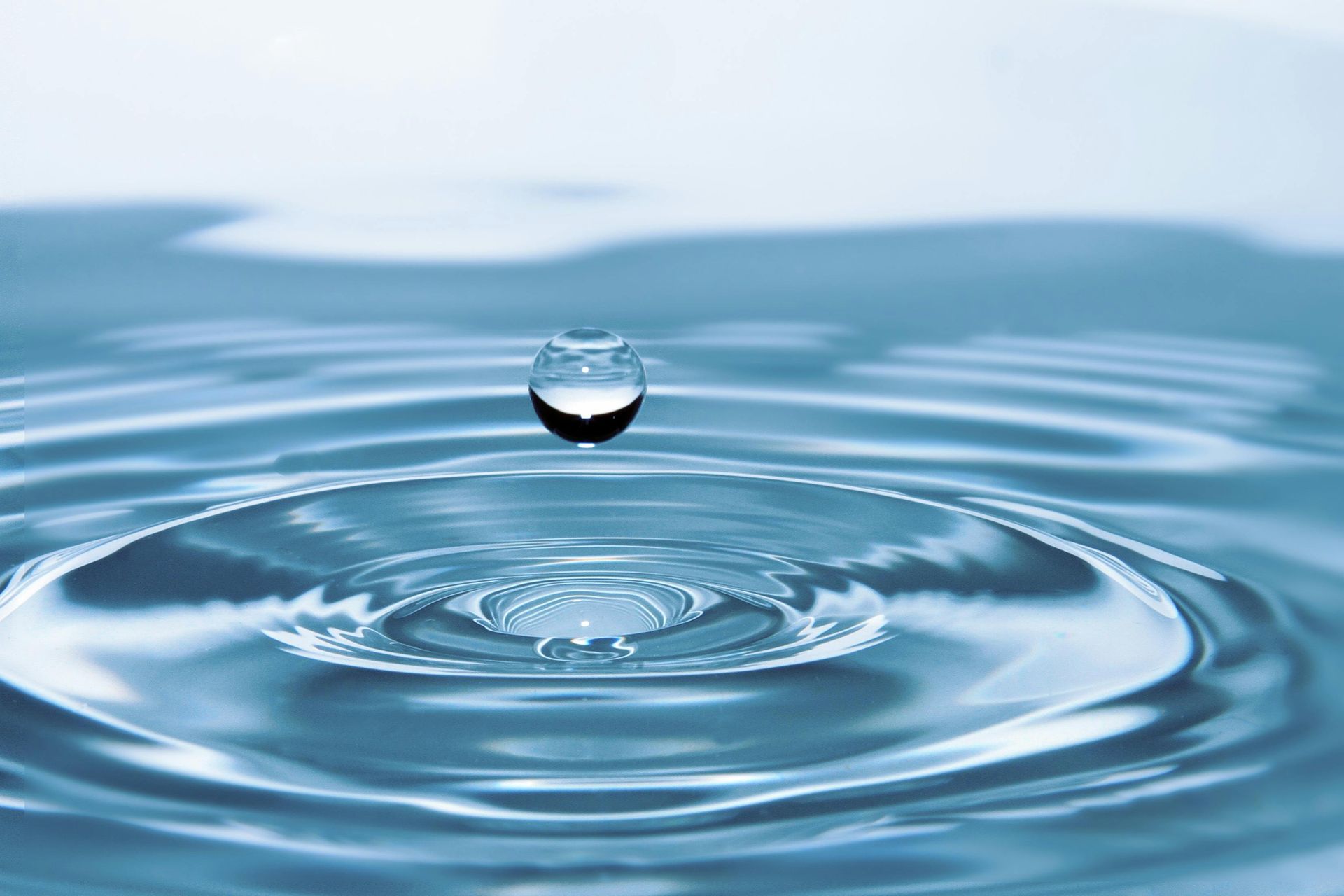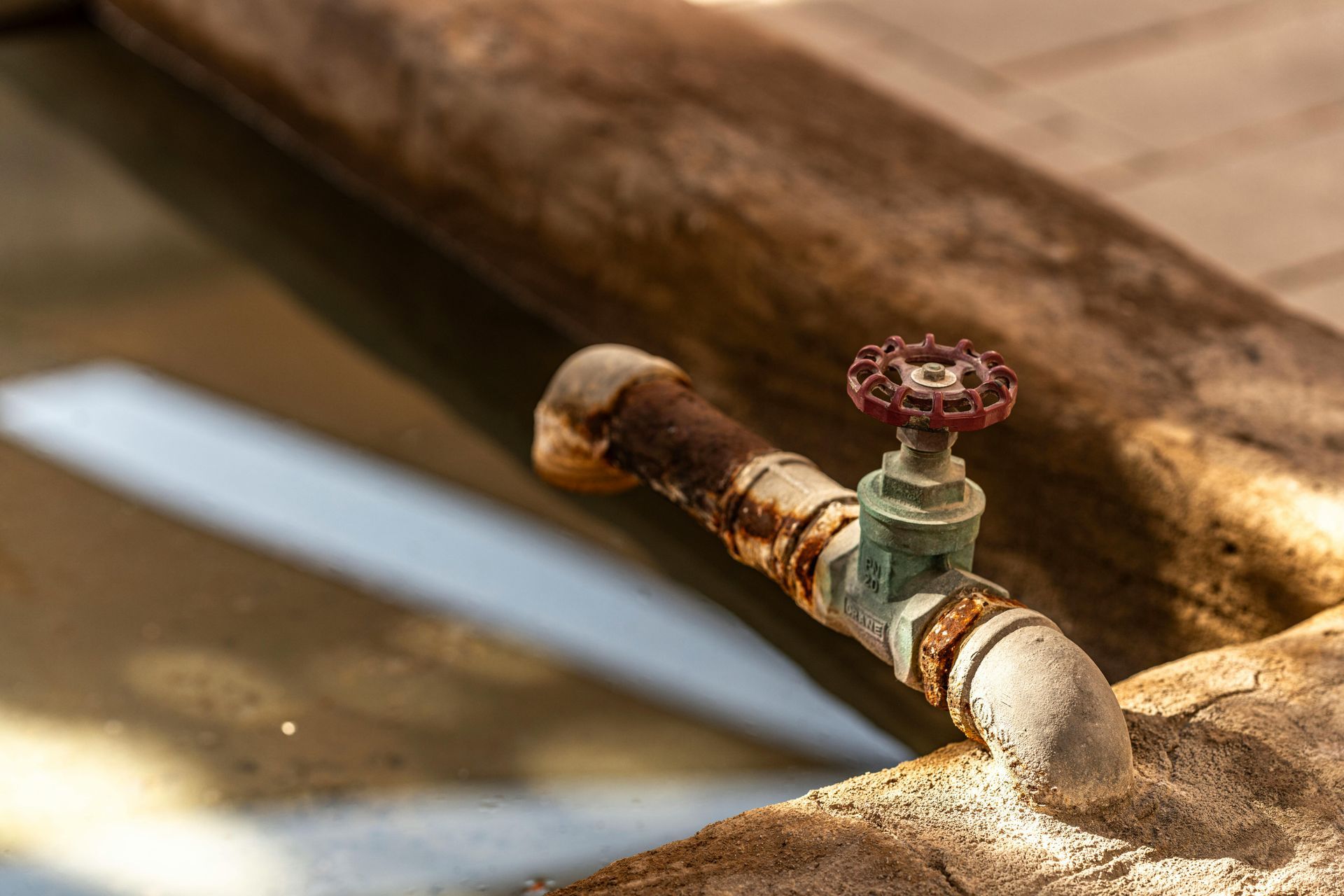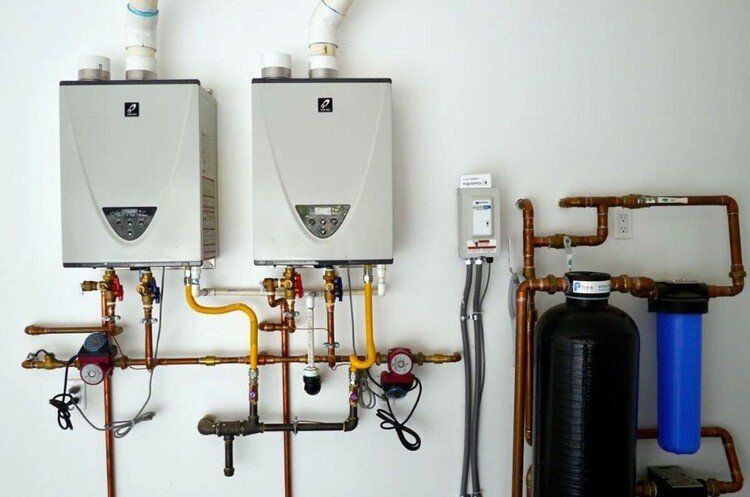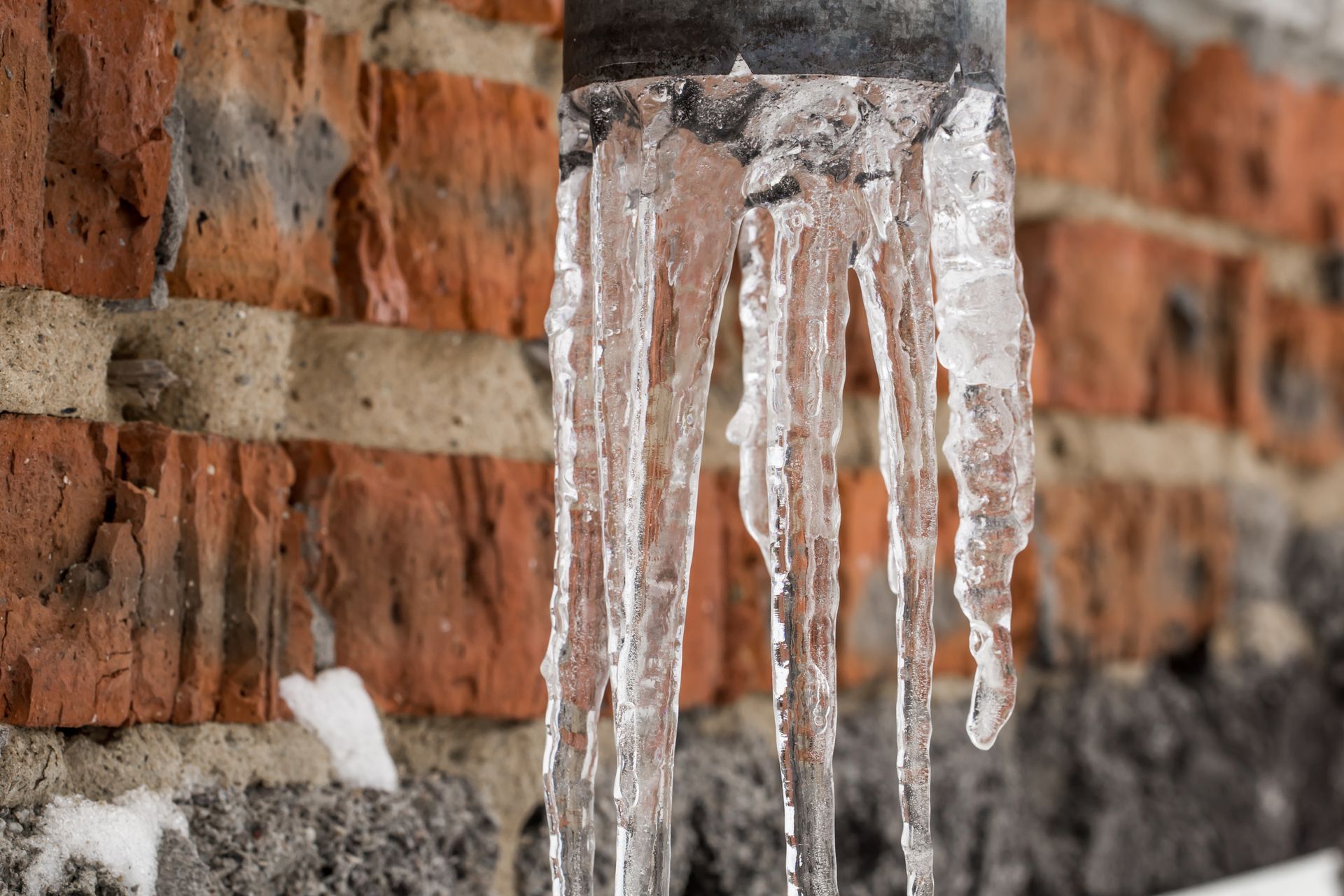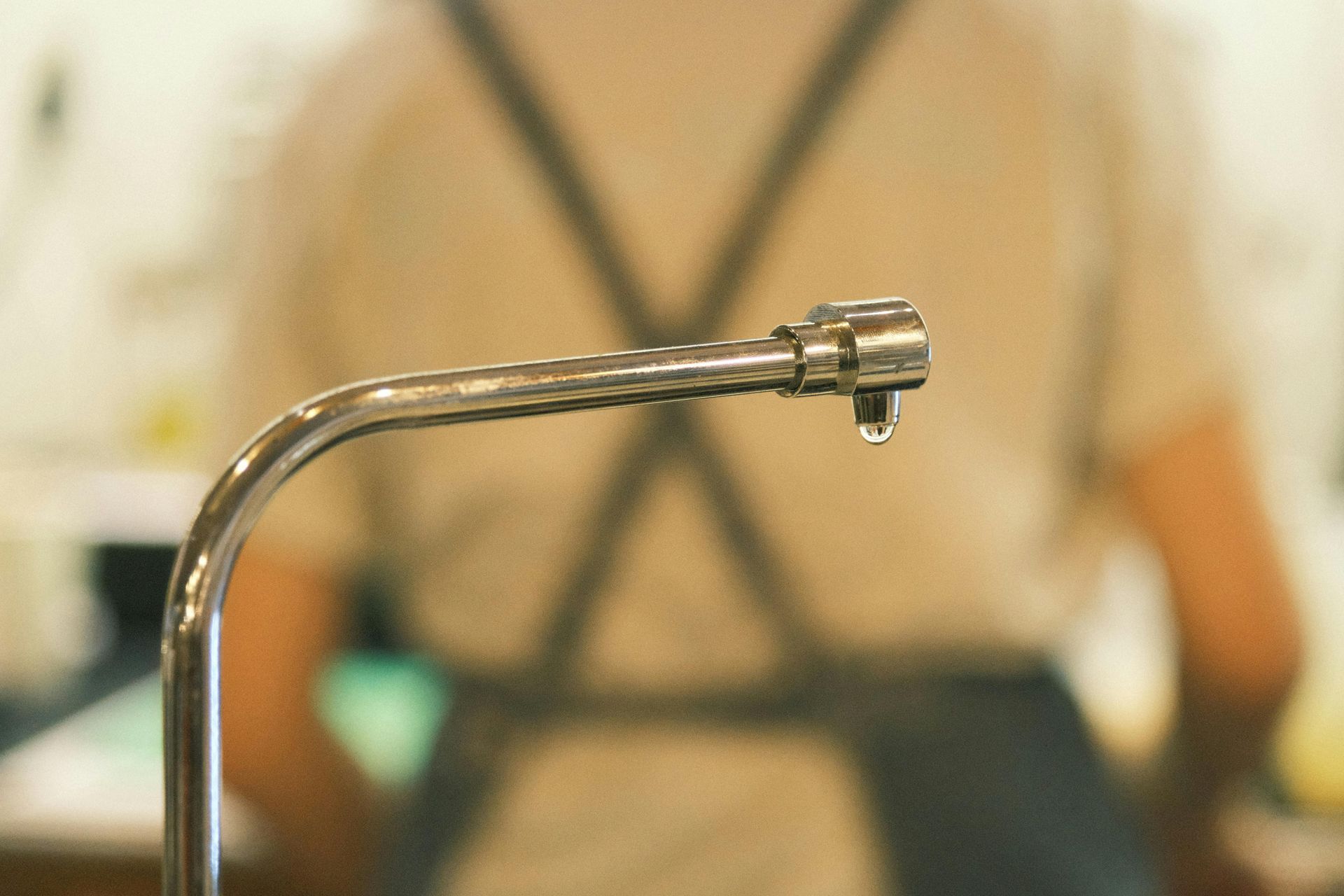Understanding the Role of Vent Pipes in Effective Drainage
Vent pipes are a fundamental yet often overlooked component of your home's plumbing system. While drain pipes remove wastewater, vent pipes play a vital role in maintaining proper air pressure within the drainage system, ensuring wastewater flows smoothly and safely out of your home. A well-functioning vent pipe system not only prevents unpleasant sewer gases from entering living spaces but also minimizes common drainage issues like slow drains and gurgling noises. This article offers an in-depth explanation of the role vent pipes play in effective drainage, discusses how they support your overall plumbing health, and highlights the expertise of professionals such as All City Plumbers who provide comprehensive Drain Clearing and plumbing services. Alongside, we'll touch on related home plumbing tips, including when to replace a faulty washing machine water inlet valve to keep your household running efficiently.
What Are Vent Pipes?
Vent pipes, also known as vent stacks, are vertical pipes that connect your home’s drain-waste system to the outside air, typically extending through the roof. Unlike drain pipes, vent pipes do not carry water or waste but serve a crucial function of regulating air pressure within the plumbing system. They allow fresh air to enter the drains and enable foul gases to safely escape outside, protecting indoor air quality.
By equalizing air pressure in the pipes, vent pipes prevent the formation of vacuums or negative pressure that can impede water flow or siphon the water seals (traps) under sinks and toilets. These traps are essential to block sewer gases from entering your home.
The Importance of Vent Pipes in Drainage Systems
Air Pressure Regulation and Prevention of Airlocks
When water flows through drainage pipes, it displaces air inside those pipes. Without proper ventilation, this water movement can create negative pressure or vacuum effects, leading to slow drainage or complete blockage of flow. Vent pipes introduce air into the system to balance the pressure, allowing wastewater to flow freely.
Preventing airlocks is crucial because trapped air in pipes can slow down or stop the flow, causing water to back up unexpectedly or gurgling noises in the drains, which are signs of ventilation problems.
Protection of Trap Seals
Each plumbing fixture in your home has a trap, a U-shaped pipe segment, that holds water to act as a barrier between your living space and sewer gases. Vent pipes protect these trap seals by preventing suction that might otherwise pull water out of the traps. Losing the water seal results in foul odors entering your home, presenting health hazards and making unpleasant smells unavoidable.
Safe Release of Sewer Gases
Sewer systems produce unpleasant and potentially harmful gases such as hydrogen sulfide and methane. Plumbing vent pipes provide a safe outlet for these gases, releasing them high above the roofline and preventing build-up inside the home that can be toxic or flammable.
Improved Drainage Efficiency
A properly vented plumbing system reduces the risk of clogging and improves overall drainage speed. By allowing air to flow through, vent pipes help maintain consistent water velocity, minimizing debris accumulation inside pipes that lead to blockages.
Systems with inadequate or damaged vent pipes are prone to frequent slow drains, backups, and recurring clogs that often necessitate professional Drain Clearing services.
Common Issues with Vent Pipes and Their Impact
Vent pipes can sometimes become blocked or damaged, causing issues like slow drainage, gurgling sounds, sewer odors, or even trap seal failures. Common reasons for vent pipe problems include debris or leaf blockage, bird nests, ice formation in cold climates, or improper installation. Such issues reduce ventilation efficiency, leading to the negative effects outlined earlier.
Maintaining Your Plumbing System for Optimal Ventilation
Regular inspections by professionals such as All City Plumbers can ensure vent pipes are clear and functioning correctly. It is also essential to maintain your wider plumbing system. For example, knowing when to replace a faulty washing machine water inlet valve can prevent leaks and pressure issues that strain drainage and venting.
Routine maintenance extends beyond pipes. Installing a frost-proof outdoor faucet in colder regions prevents freezing-related pipe damage, indirectly preserving your overall plumbing system’s functionality.
Conclusion
Vent pipes are indispensable for effective drainage systems, playing a silent but crucial role in air pressure regulation, trap seal protection, and safe sewer gas venting. A well-maintained vent pipe network ensures drain lines operate efficiently, preventing common problems such as clogging, odors, and trap failures. Engaging skilled professionals like All City Plumbers for Drain Clearing and regular plumbing inspections safeguards your home’s drainage health, extending the lifespan of your plumbing infrastructure. Integrating broader maintenance tasks—such as timely replacement of faulty water inlet valves and outdoor faucet upgrades—creates a resilient plumbing system that operates quietly and reliably year-round.

